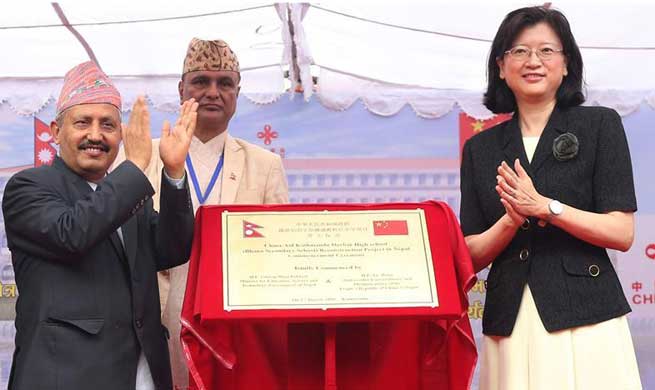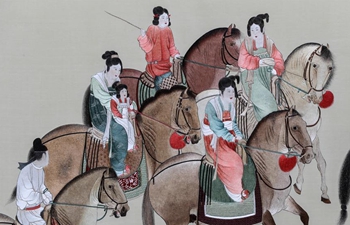HOUSTON, Aug. 3 (Xinhua) -- The U.S. trade tariff hikes will have a negative and long-term impact on many sectors and countries, a U.S. businessman warned here Friday.
Speaking at a seminar on recent U.S.-China trade frictions, Richard T. Sakowitz, president and CEO of Hazak Corporation, a consulting company, said that "the unprecedented level of uncertainty has already begun to create change," referring to the U.S. unilateral move to increase tariffs on a wide range of imports.
He said he believes the negative implications of trade protectionism by tariff are leading to a potential downward spiral with "increased costs, decreased sales, decreased outer flow of manufacturers, shorter inventories, decreased reinvestments and slowdown in productivity."
Taking Panama Canal as an example, Sakowitz noted that "the Asia to Gulf of Mexico coast of the United States traffic is currently 60 percent of the canal's business," saying that they're expecting considerably decreased traffic in goods, such as agricultural products and chemicals.
"Their marketing team from the Panama Canal is visiting different countries, offering special benefits and trying to mitigate the impact," he added.
He also noted that another implication is the negative effect on smaller nations whose exports are closely tied to the global supply chains.
These country's gross domestic products and living standards are dependent upon value-added trade, he said, adding that protectionism by tariff always pushes up import costs and slashes demands.
As for the U.S. domestic economy, Sakowitz said higher import costs are generally passed on to the customers, warning that it means not only weaker sales and reduced revenues, but narrower profit margins for U.S. consumers, both business and general public.
He said the tariff-raised prices will also result in upward pressure on inflation.

















